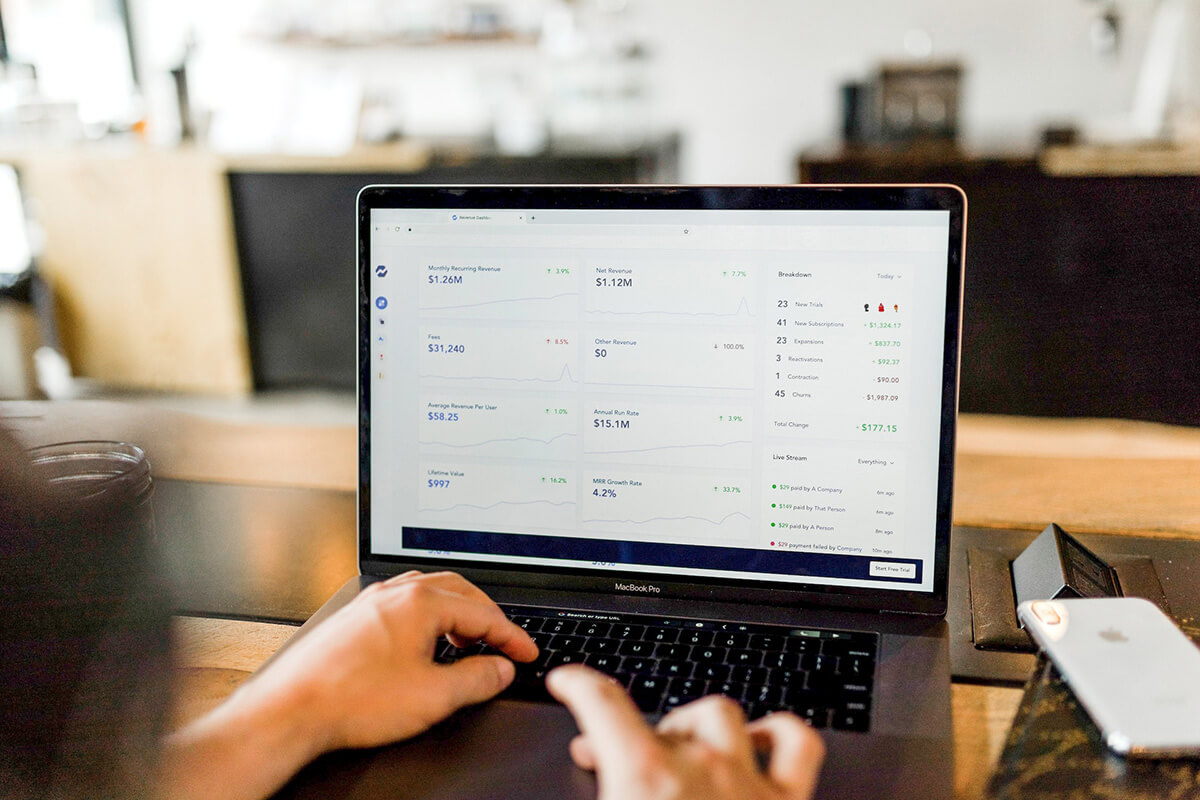Comprehensive Strategies for Ensuring the Security of Your e-Commerce Business
Online businesses can only survive in the modern market with good security and customer relations. These two factors complement each other and can boost a company's overall protective measures.
To achieve this level of security, it's important to understand the risks attached to e-commerce and what you need to counter them, including strategies and tools. In this article, I will show you a few critical insights when it comes to protecting your e-commerce store.
Scam Detectors Most Trusted Websites in Online Security
- Guard.io (100): Surf the web safely. Clean up your browser, remove malicious extensions and check for privacy violations.
- Incogni.com (100): Delete your personal data from the internet and protect against scams and identity theft.
- ExpressVPN (100) Stay secure and anonymous online - Best VPN Out There

7 Security Threats Online Businesses Face Today
Fraud is the nemesis of e-commerce. Bad actors can fool an online store's security system, gain access to its services, and use them to steal funds and data, launder money, or advance other criminal activities.
The company loses resources through theft and chargebacks. Customers stop shopping there, preferring safer competitors. Penalties follow for any KYC or AML regulations the company failed to comply with.
To block attacks, you need to know criminals' favorite techniques. Based on a guide by SEON on e-commerce fraud, there are seven types of fraud online businesses deal with regularly:
- Transaction/credit card/card not present (CNP) fraud: bad actors buy goods with stolen bank cards.
- Friendly/first-party fraud: customers request refunds and even chargebacks with innocent, opportunistic, or malicious intent.
- Return fraud: bad actors abuse online stores' return policies by exploiting receipts, switching, or deliberately damaging products.
- Wardrobing: a prevalent type of friendly and return fraud, where someone buys clothing to use briefly and then returns it for a refund.
- Triangulation fraud: a fake seller accepts a legitimate customer's order and payment for a product and disappears after using a stolen or counterfeit card to have a legitimate seller send the item to the customer.
- Account takeover fraud: a criminal steals and exploits a customer's account.
- Bonus abuse: the fraudster tricks a company and benefits from its bonus policies.
These threats often involve complex schemes using fake or stolen IDs, bank cards, and documents. Internal fraud is another possibility. If brute force is applied, it's not just phishing you need to worry about but more aggressive hacking methods.
Let me show you a few more numbers that say a lot.
How to Identify and Prevent Fraud and Protect Customer Data
According to a report, US retailers saw the average volume of fraud attempts per month increase by 9% each year up to 2020.
Also, 72% of US citizens in 2019 had learned to fear their personal and financial information being stolen, while 67% were worried about identity theft.
Fortunately, the report also shows that businesses are adopting and improving ways to combat fraud. In 2017, the most popular detection tools were:
- Card verification numbers (88%)
- Address verification services (82%)
- Postal address validation services (60%)
- Geographic indicators and maps (54%)
- Email verification services (54%)
- Phone number verification and reverse lookups (49%)
In 2020, companies using fraud prevention programs noted a significant drop in their expenses for fraud attack response (42%) and remedy (17%). So, online businesses actively tackling such threats can benefit financially, not just in terms of security and customer loyalty.
The methods above have advanced since 2017, but so have criminals. It's a reason why a Juniper Research study into online payments predicts that related fraud will cause over $343 billion in cumulative losses for merchants worldwide by 2027.
Today, the best way to protect your business from illicit activities and huge damages is to combine top security measures. These are identity, card BIN, social footprint, and geographic checks, with a focus on data management and user behavior, especially in the signup, login, and transaction stages.
This robust protection creates friction in customers' journeys, but you can minimize it with the right tools. As these users feel more comfortable, safe, and productive on your platform, their cooperation can increase, too. They might be happier to provide verification details and invested enough to report any suspicious activity that would compromise your business and their favorite e-shop.
How to Select Reliable Security Solutions and Tools
Building trust with customers and fostering a safe online shopping environment ensures long-term success for your e-commerce enterprise. Mollie's article on secure online shopping experience emphasizes that just one security breach in your shop system or server could result in extremely high costs. Choosing appropriate and reliable security tools for your business plays a vital role.
Scary reports such as cybersecurity statistics show data breaches in big companies like Yahoo, X (Twitter), Facebook, and Microsoft. Still, something to keep in mind is that different companies have different security needs. For example, if your e-commerce services are much smaller than Microsoft's, your verification checks can be less extensive. But they should still be powerful.
Firstly, a reliable security system depends on the proficiency of the people installing and using it. The same report found that 62% of organizations in 2022 felt understaffed in cybersecurity professionals, which you should avoid in your company. So, make sure the solutions you implement, as well as their providers, are well-vetted. Also, hire or train staff to use them without issues.
The next best way to avoid business credit card fraud, account takeovers, and other sophisticated attacks is to choose a security suite with specific features that have proven very effective in detecting and countering criminal activity in online stores. At the very least, your checklist should include:
- Data management and analysis
- Risk assessments
- AI/ML tools
- Diverse verification processes
- Compliance checks
I know it sounds complicated, but you can start with a google search for each.
Create the Best Security System for Your e-Commerce Business
Establish where your organization stands in terms of status, infrastructure, assets, and potential threats. Remember to look for potential weaknesses in your system and patch them up.
Some solutions can help bolster your defenses and counter almost any attempt to bypass them. Research your options and choose the most practical for your online store. At the same time, keep yourself and your business up to date on new dangers and security strategies and tools.
How To Report e-Commerce Fraud
Let your close family and online friends know about this article. Feel free to share this page if it was helpful. Meanwhile, you can report scammers and any other suspicious activity to the Federal Trade Commission (FTC) using the portal below:
How To Protect Yourself More
If you want to be amongst the first to receive notifications about the most notorious scams every week, subscribe to our Scam Detector newsletter. You will receive periodic emails from us with insightful tips. That will include how to prevent fraud and information about the newest tools you can use to fight crime.
Verify a website below
Are you just about to make a purchase online? See if the website is legit with our validator:
vldtr®


TOP 4 MUST-WATCH FRAUD PREVENTION VIDEOS
1. Top 5 Amazon Scams in 2024 2. Top 5 PayPal Scams in 2024 3. How To Spot a Scam Email in 2024
- Latest Posts by Selma Hrynchuk
-
How To Stop Robocalls
- -
Taking Control of Your Data Privacy: Protecting Yourself in 2024
- -
The Urgency of Removing Personal Information from the Internet
- All Posts













